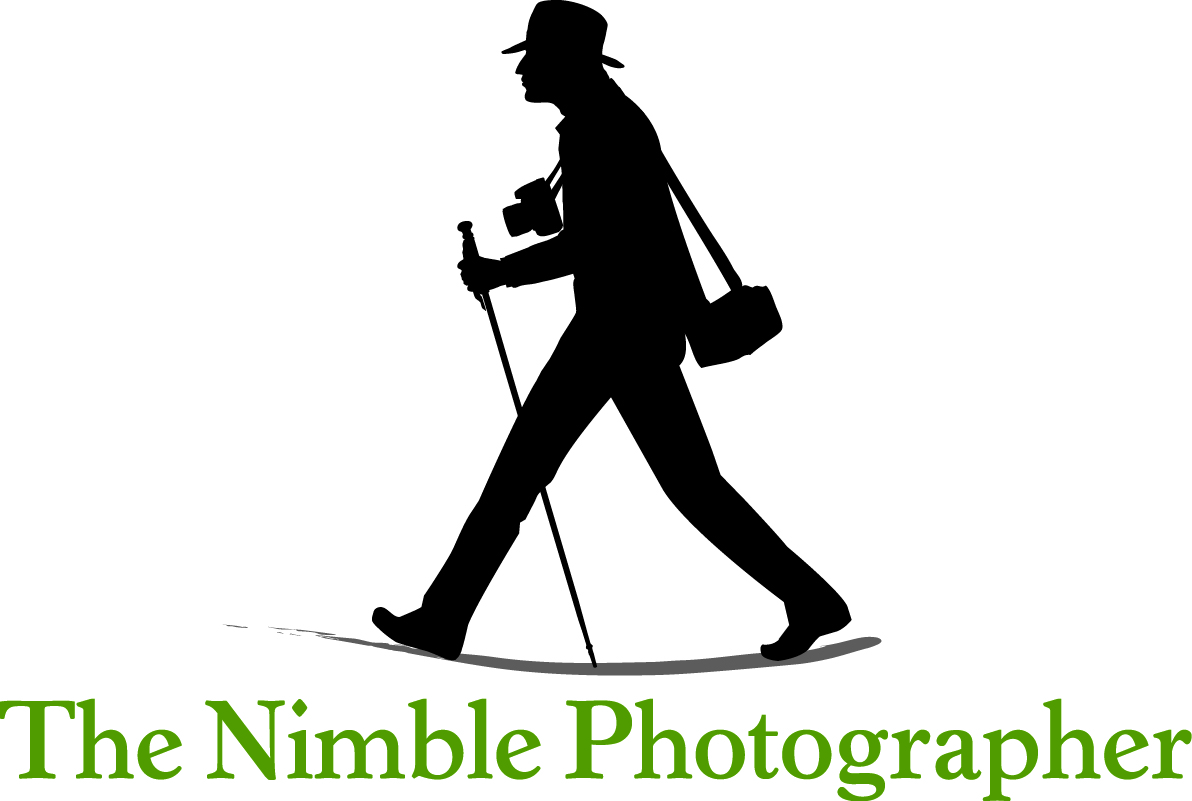Once again, I've found myself extolling the virtues of the 50mm f/1.8 prime lens.
This time it was to a pair of high school students who had been relying solely on their capable, but sluggish kit zooms. "If your first lens is a zoom, then your next needs to be a large aperture prime," I said. "That's just the way it is."
For beginning photographers, this is a no-brainer. They can purchase an f/1.8 optic that's perfect for a variety of artistic shots for only $125. In the world of primes, that's a steal. And kids do amazing things with this glass.
But this optical tandem is for the young at heart too. My street shooting rig is typically an Olympus OM-D mounted with a 14-42mm EZ zoom on the camera, and a Panasonic 20mm f/1.7 stashed in my pocket... or the other way around. The zoom is a good all-purpose optic that can capture a row of interesting brick buildings one moment, then the smile of a beckoning shop owner the next. Its versatility is quite satisfying, that is, until the sun begins to set.
Then, as the day's shadows grow longer, the fast prime becomes my new best friend. I open its aperture all the way, increase the ISO a few notches, and set off to explore the darker side of urban life.
Maybe I want to isolate a subject, such as the image of a street vendor with soap bubble car lights floating in the background? This is not a problem for the fast prime lens.
I've photographed the streets of San Francisco, Boston, New York, Glasgow, Beijing, and Nagasaki with these optics. Essentially, I'm using the same two lenses that I recommend to my high school student photographers.
I just hope, that all these years later, I'm still half as creative as they are with this glass.
-Derrick
